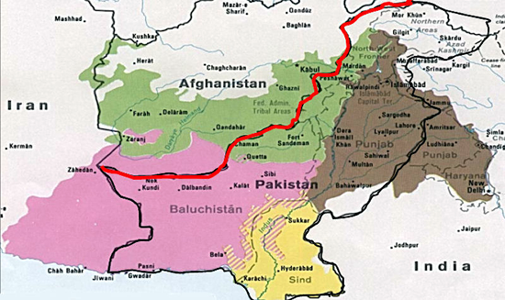Feb 22, 2026
Feb 22, 2026

| International borders determine the spheres of governments. Cultural empathy determines the spheres of people. Cultural boundaries and international borders are not necessarily contiguous. |
“A world-wide political and social unity is necessary for us men and for our salvation today far more urgently than it has been in the past. After all, we are now in an atomic age, and that means an age in which man is like a child armed with the most tremendous edged tools.”It was left to Charles De Gaulle to give political expression to the concept of a European identity that had motivated both Napoleon and later, with a distorted vision, Adolph Hitler. Unfortunately the European Union (EU) that De Gaulle helped create got on the wrong track after corporate business interests prevailed over political common sense by expanding its sphere without considerations of cultural nationalism. The original fifteen founding member states that had shared experience and cultural empathy were swamped by new alien entrants that increased the membership of the EU manifold. For this reason the requisite institutional political bonding necessary for consolidating the EU never took place. That is why EU is facing an identity crisis today. Nevertheless the EU has indicated the way ahead for the rest of the world. Other nations and other regions have to learn from its experience and avoid the errors committed by EU while creating their own communities based upon cultural nationalism.
02-Nov-2012
More by : Dr. Rajinder Puri